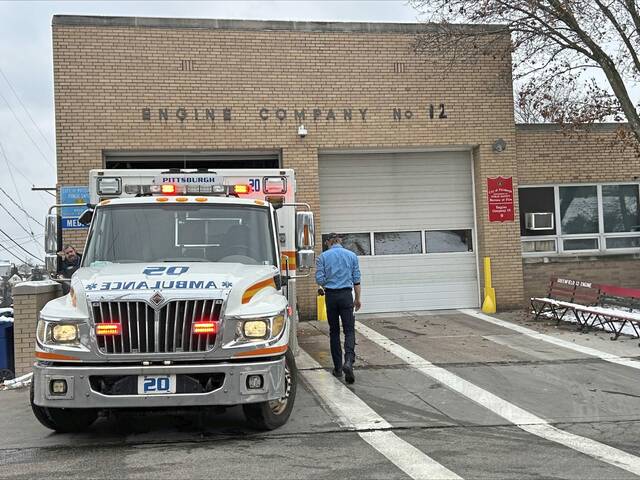Our chief local prosecutor is the Allegheny County district attorney. Bucking a national trend, our DA has failed to establish a conviction integrity unit. It’s past time to create one.
Mistakes happen in criminal trials. Just like they happen in any human endeavor. But the stakes are high in criminal cases. A mistake at trial can result in exonerating evidence never getting into the hands of the jury that decides the accused’s fate.
These mistakes can lead to wrongful convictions. And we know wrongful convictions happen, as shown by the slew of exonerations that followed advances in DNA technology — including several in Allegheny County.
A conviction integrity unit is an independent unit within a prosecutor’s office whose mission is to identify, remedy and prevent wrongful convictions. It is designed not only to right past wrongs, but also to help avoid similar mistakes in the future.
Integrity unit prosecutors meaningfully investigate questionable past convictions. They probe for eyewitness misidentifications, which are the leading cause of wrongful convictions. They examine whether a conviction rested on junk science, such as now scientifically debunked “bite mark” evidence. They also look for prosecutorial misconduct and ineffective defense counsel. When the evidence proves that a conviction was unjust, the integrity unit agrees to set aside the conviction.
Integrity units are important for a number of reasons.
Once a person is convicted, it is very difficult to overturn that result through the post-conviction court process. This means that without the prosecutor’s blessing, the wrongfully convicted may stay in prison.
Establishing an integrity unit also shows that the DA is willing to admit, and correct, past mistakes. That, in turn, demonstrates a commitment to transparency and accountability.
Elsewhere in Pennsylvania, 25 wrongfully convicted people recently had their convictions overturned. Each of those exonerations resulted from investigations by the local DA’s conviction integrity unit — without which these injustices likely never would have come to light.
Chester Hollman III’s story illustrates both what can go wrong in a criminal trial and the promise of an integrity unit. When Hollman was 21, he was convicted of murder by a Philadelphia jury and sentenced to life in prison. The prosecution’s case relied on the word of two eyewitnesses.
After he was convicted, Hollman learned that the prosecution failed to reveal evidence to his lawyer that undermined the eyewitnesses’ credibility. Those same witnesses also later admitted that they lied at his trial.
The local DA’s conviction integrity unit agreed to reinvestigate Hollman’s case. The investigation revealed more new details, including evidence that linked another suspect to the crime as well as exculpatory DNA evidence. In the end, Hollman was exonerated.
Hollman served 28 years in prison for a crime he did not commit. His mother died while he was incarcerated. (The prison would not allow him to attend her funeral.) But his father and sister were able to finally welcome him home. Today, Hollman sits on the board of directors of Pennsylvania’s Innocence Project. His story was recently featured in Netflix’s documentary series, “The Innocence Files.”
While mistakes like those in Hollman’s trial can occur anywhere, his story would have had a different ending here in Allegheny County. That is, because our DA does not have an integrity unit, Hollman would still inhabit a prison cell today.
In fact, the Allegheny County DA refuses to meaningfully review past convictions. Even when presented with indisputable evidence that the accused did not receive a fair trial, and even when faced with a compelling claim of innocence. As an attorney who often handles post-conviction cases, I’ve seen it time and again. The DA’s refusal to reopen old cases and reverse unjust convictions sends a message: “We prioritize the finality of convictions over the integrity of convictions.” And that is the wrong message.
The prosecutor serves a uniquely important role in the legal system. As our Supreme Court explained, the prosecutor’s “obligation is not merely to convict” and close cases, “but rather to seek justice.” Our DA’s policy of defending essentially every conviction — even if that means defending the indefensible — does not serve justice.
According to the National Registry of Exonerations, nearly 100 DA offices across the country already established a conviction integrity unit. To improve our local justice system, and also to increase the community’s trust in that system, our DA must do the same.
Rob Perkins is a criminal law attorney with extensive experience working in Allegheny County’s court system.








